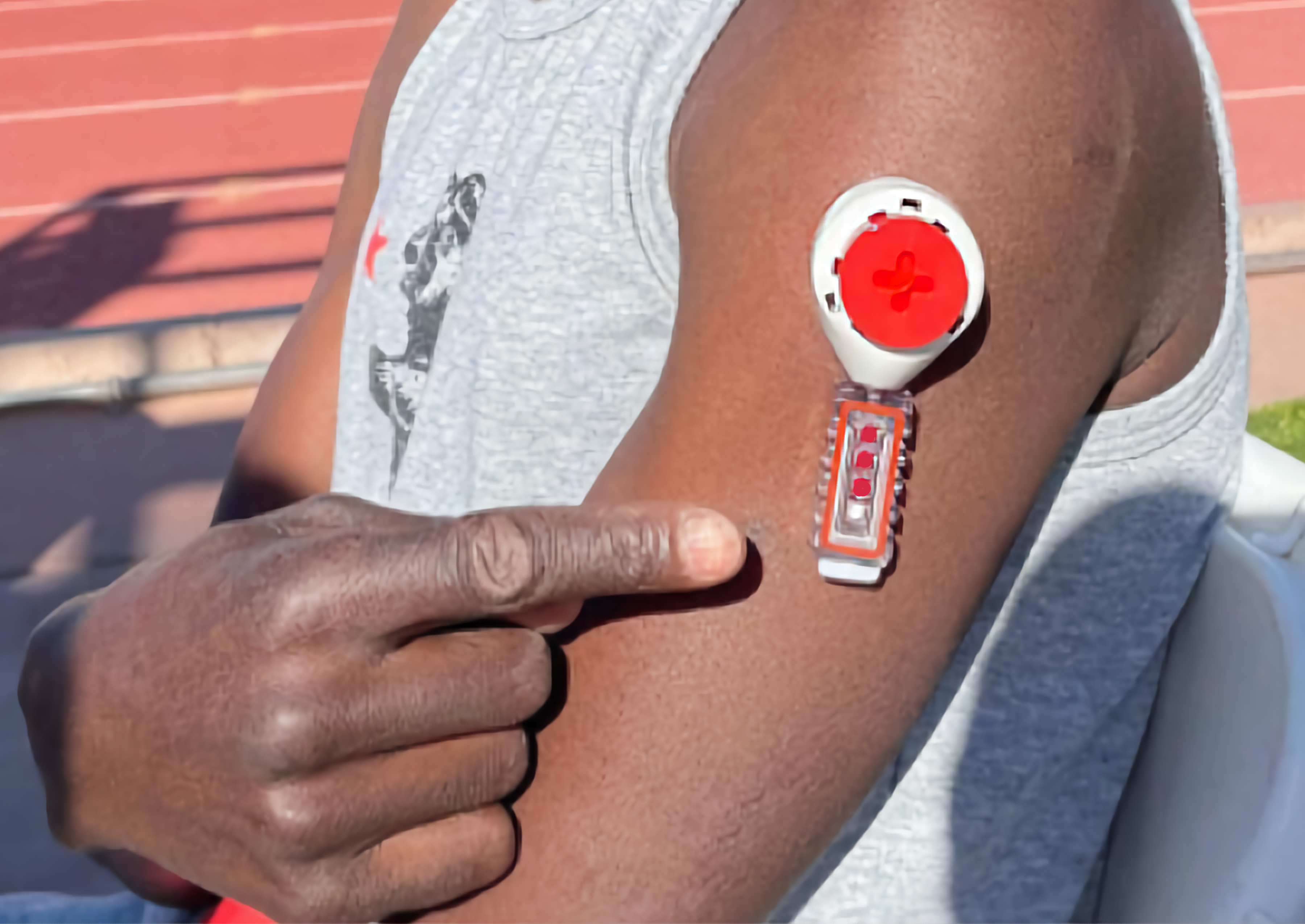Anti-doping innovation to protect clean Kiwi athletes in 2022
Dried blood spot (DBS)

We’re excited to announce that Kiwi athletes will soon have another layer of protection thanks to a new anti-doping deterrence and detection method we’ll be piloting in 2022.
Dried blood spot (DBS) is a quick and simple way of collecting blood for testing. It works by generating a few droplets of blood from the capillaries – no syringe needed. The droplets are collected on filter paper, secured and separated into A and B samples simultaneously, then dried and sent to a lab for testing.
The team have been planning the roll out since the DBS method was approved by the World Anti-Doping Agency, and we’re excited about the huge benefits it brings for athletes. It’s far less invasive than traditional sample collection and speeds up the process to minimise the impact on athletes.
The device we’ll be rolling out uses a tiny needle to generate blood from the upper arm, which is less painful than devices using lancets on the fingertips. The purpose-built security kit is tamper-evident, which gives athletes peace of mind that their sample is safe.
Our education programmes now feature information on DBS to keep athletes on top of the developments, and we’re working with National Sporting Organisations to spread the word. Our aim is to roll out the new method from July 2022, just before the Birmingham Commonwealth Games.
Check out the Newshub exclusive featuring Olympian Dylan Schmidt: New blood spot testing designed to level playing field on international sport.
Get the details on our website at Dried blood spot (DBS).
